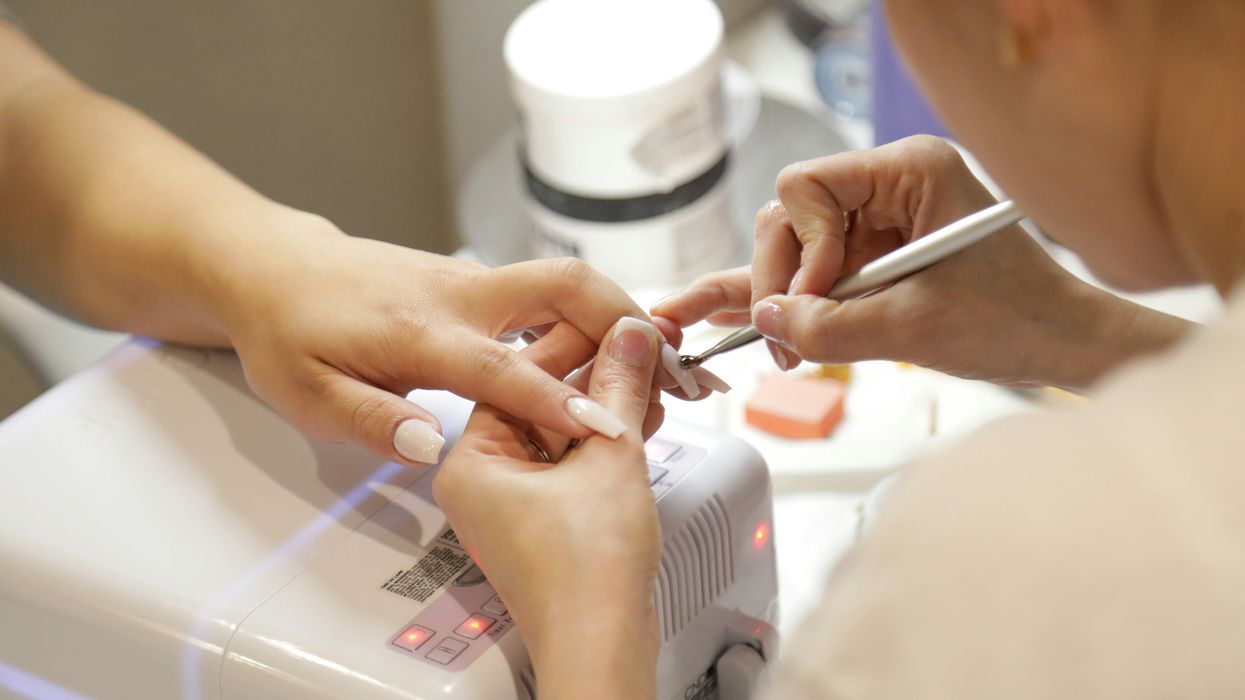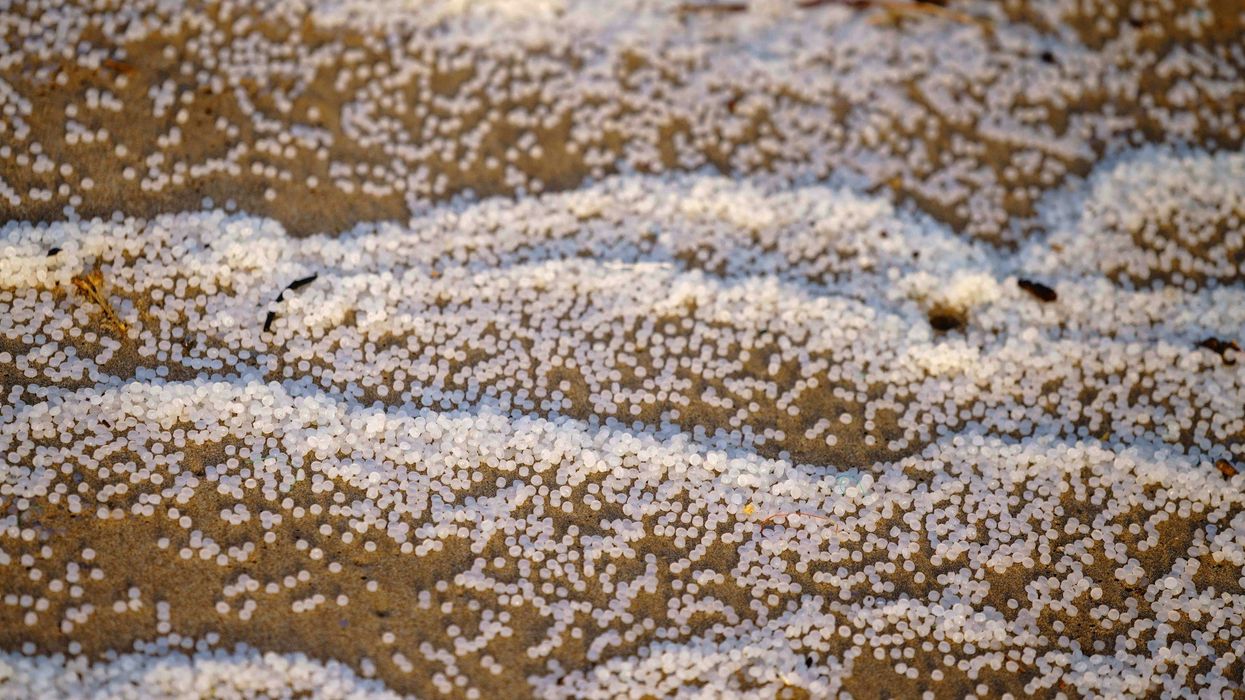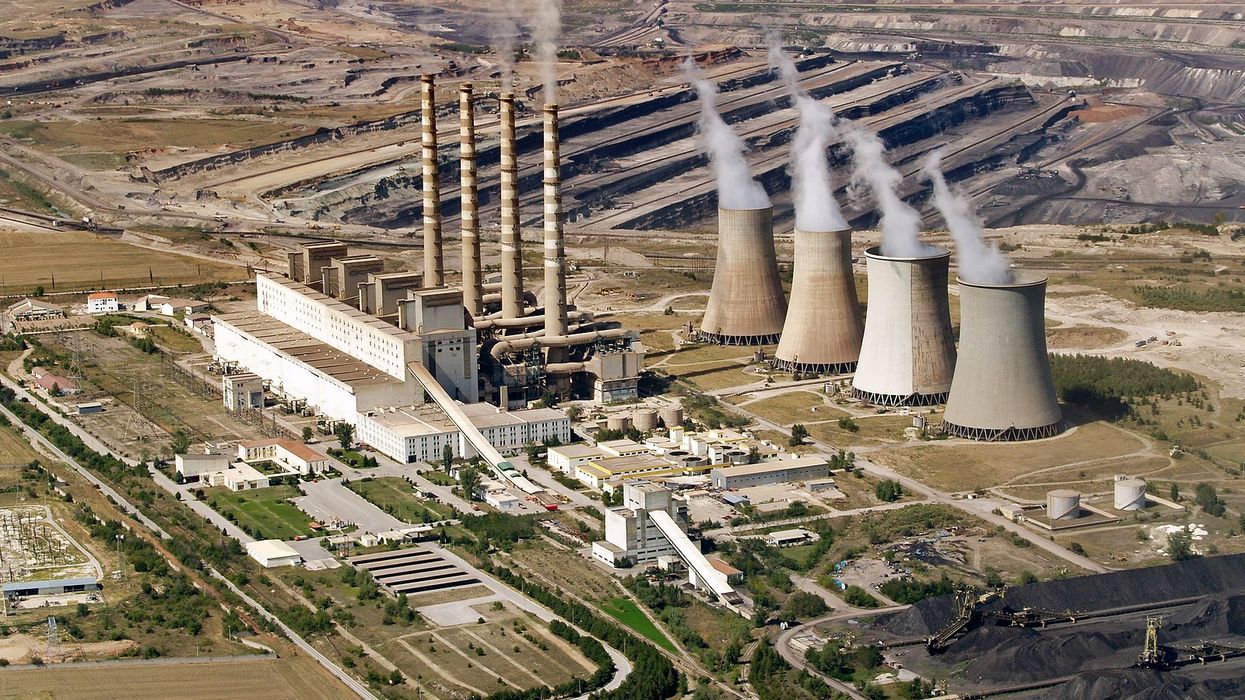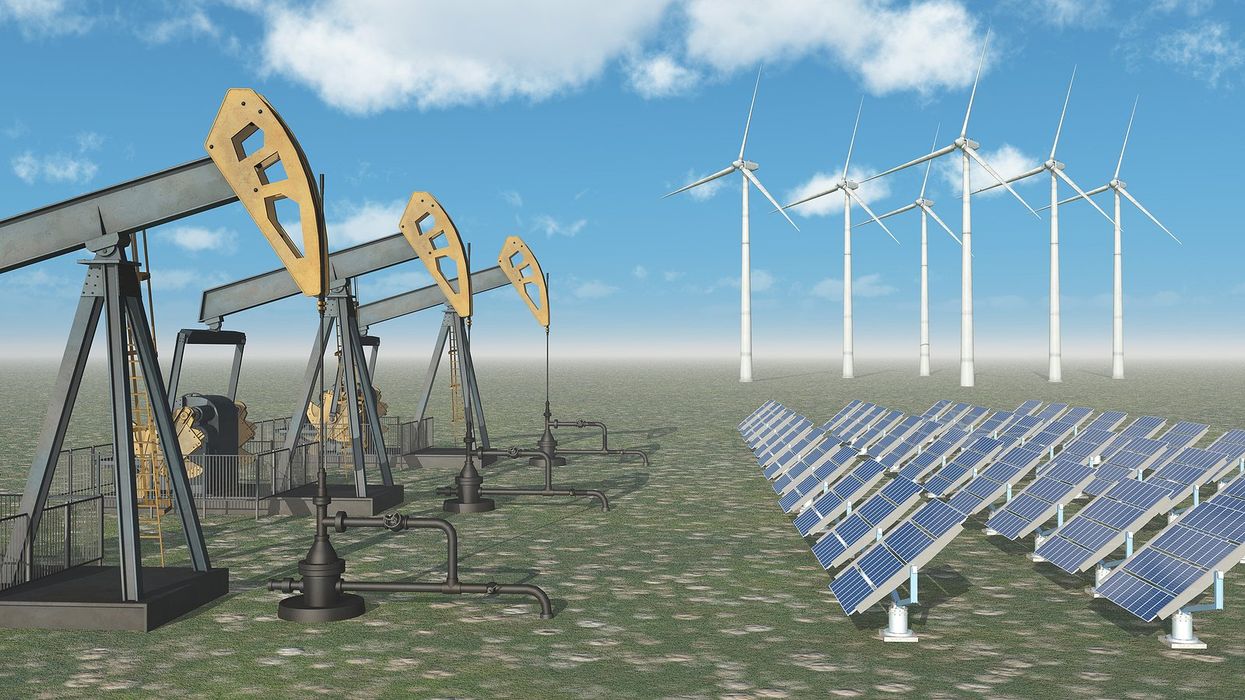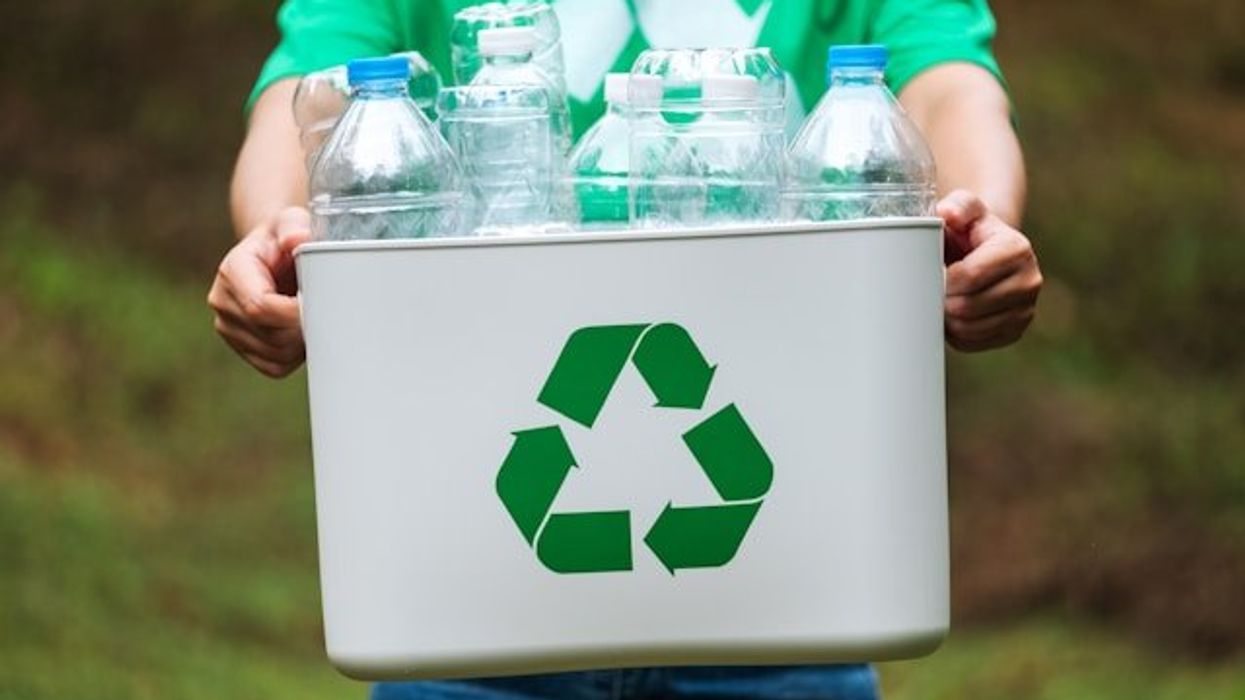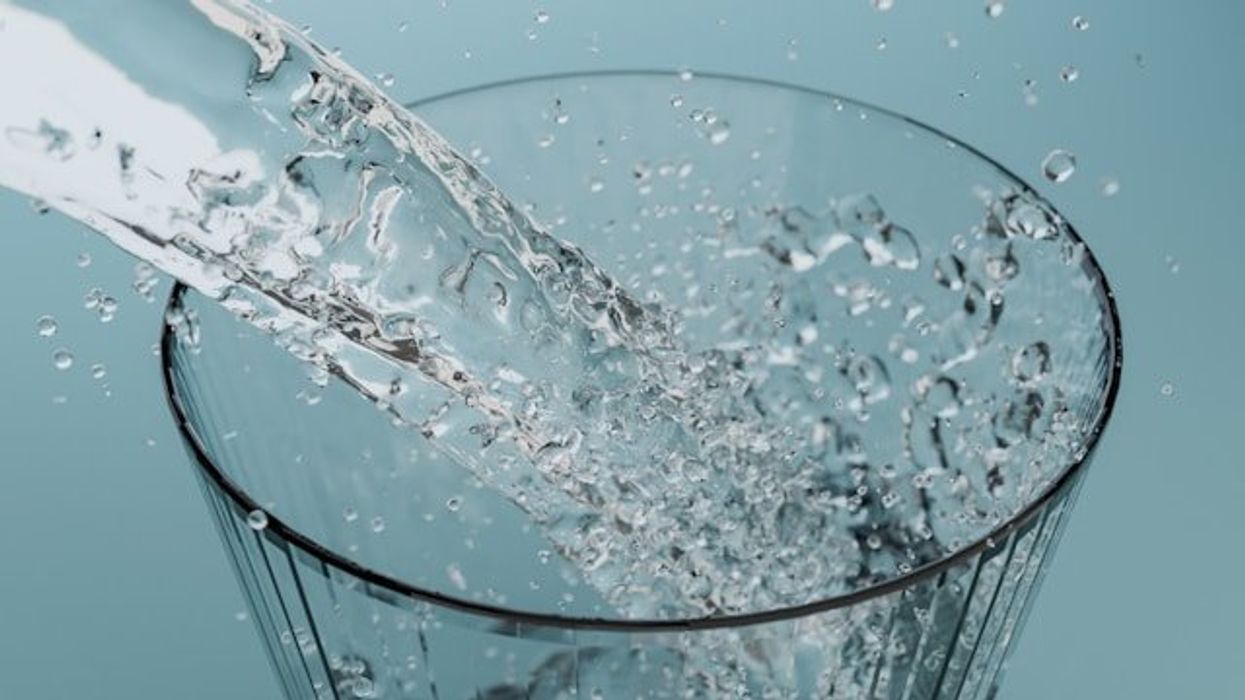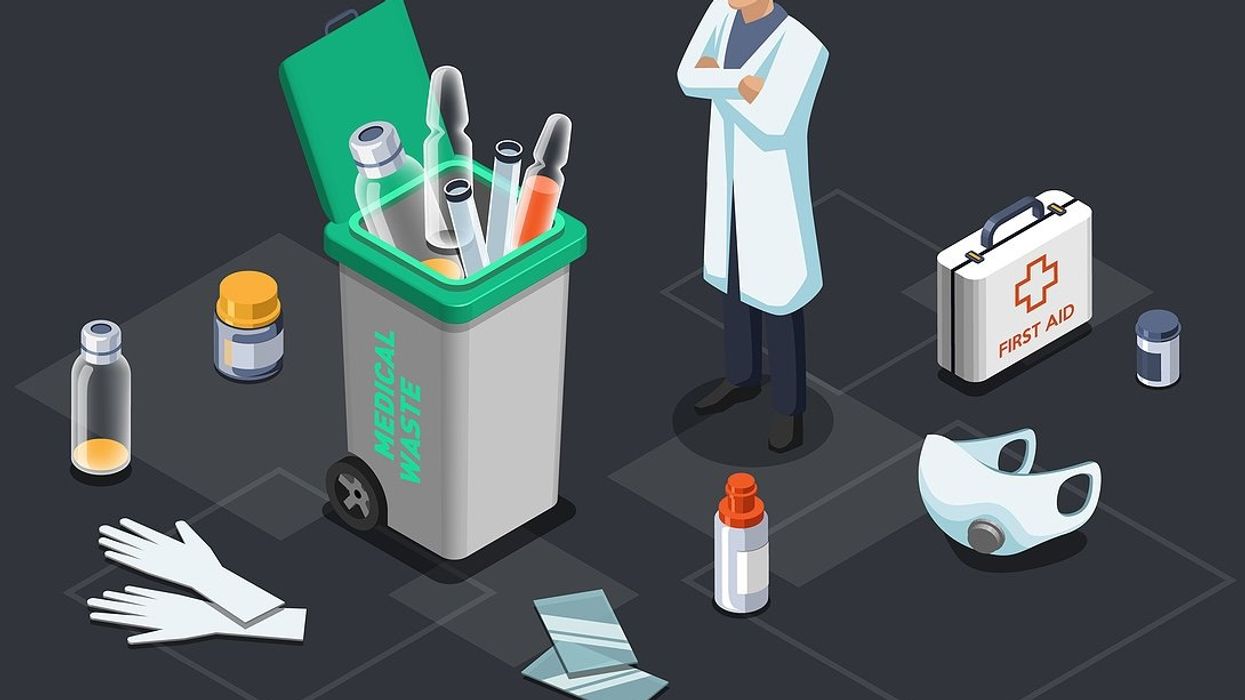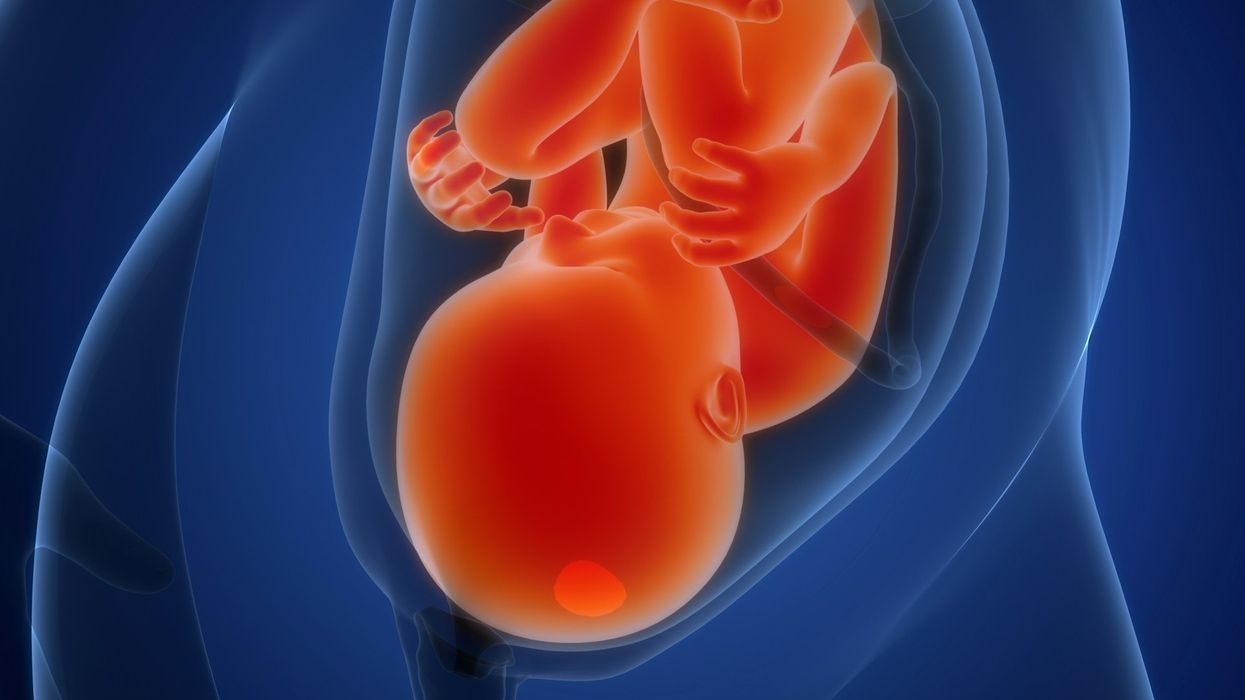The U.S. Environmental Protection Agency banned two carcinogenic chemicals — TCE and perc — commonly used in dry cleaning and degreasing, marking a step to reduce public exposure to these toxics.
Natalie Rahhal reports for Yahoo News.
In short:
- The EPA banned trichloroethylene (TCE) and perchloroethylene (perc), linked to kidney, liver and immune system damage.
- TCE contaminates soil and water, affecting people near industries that use it, while perc poses health risks to dry cleaners and nearby residents.
- Companies have up to 10 years to phase out perc and one year to eliminate TCE, with limited exceptions for specific industries.
Why this matters:
Long-term exposure to TCE and perc can cause cancer and immune, kidney, liver and neurological damage, among with other health problems. The ban helps protect workers, communities near contaminated sites and industries that use these chemicals and the public at large, since the chemicals are persistent in the environment.
Read more: EPA bans two toxic chemicals after decades of harm






